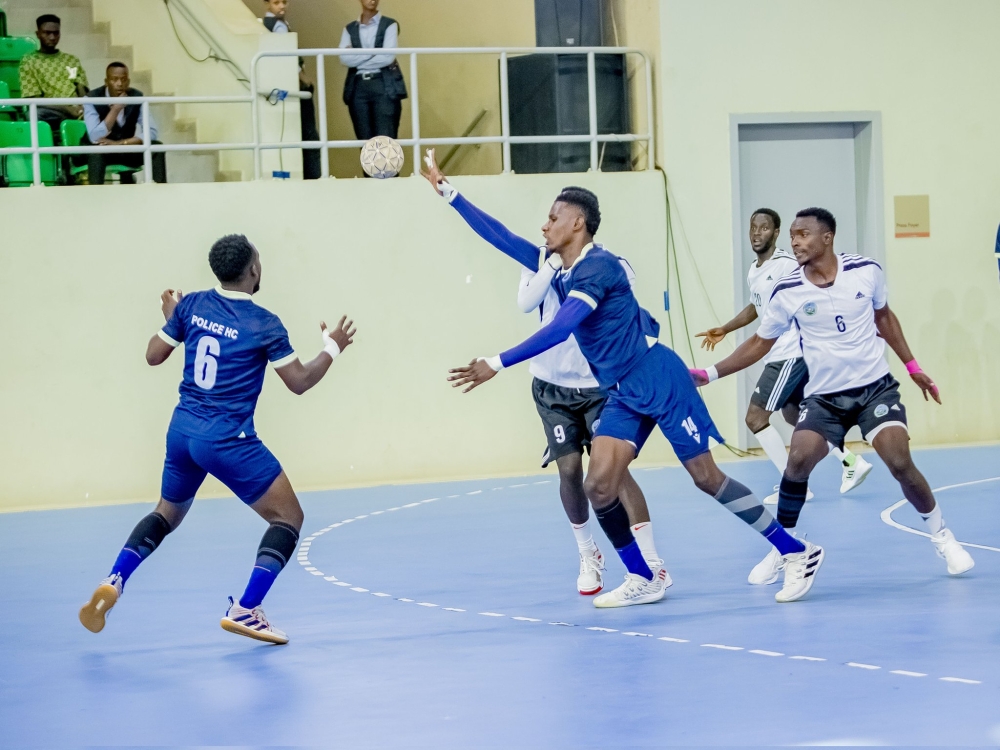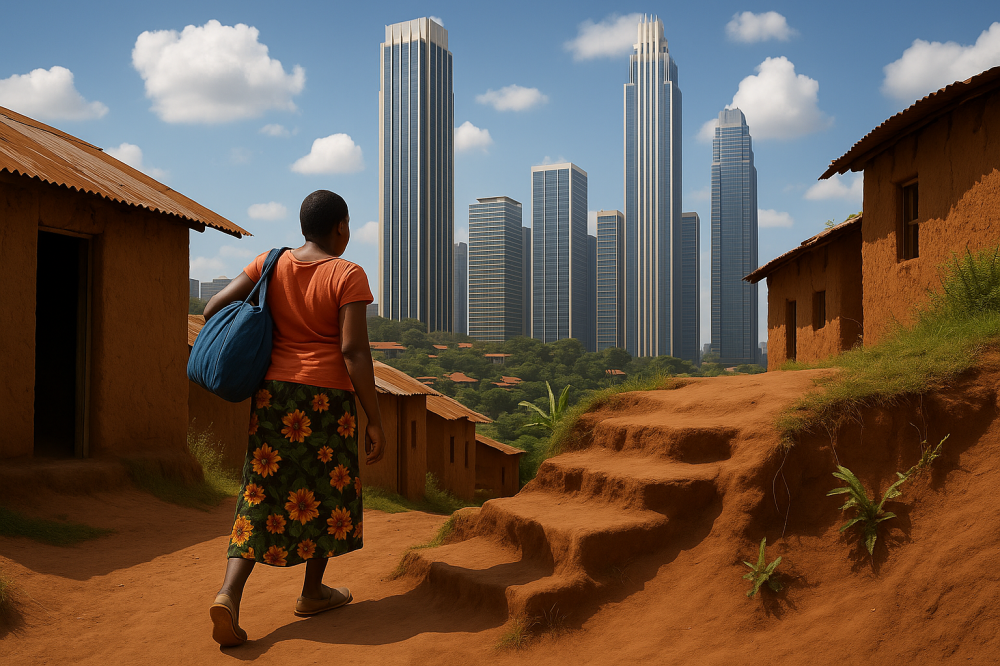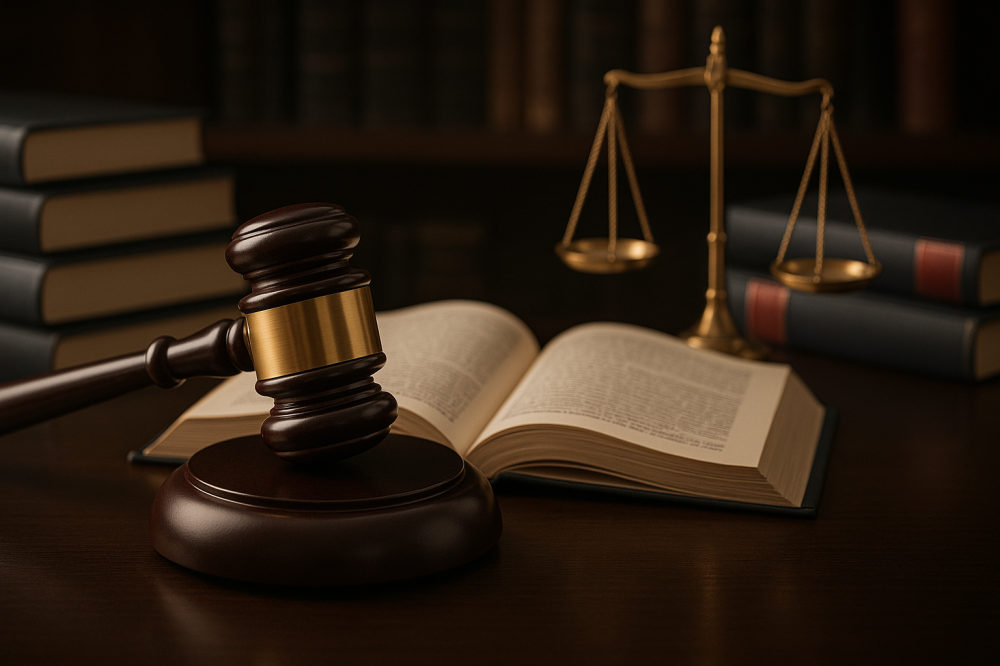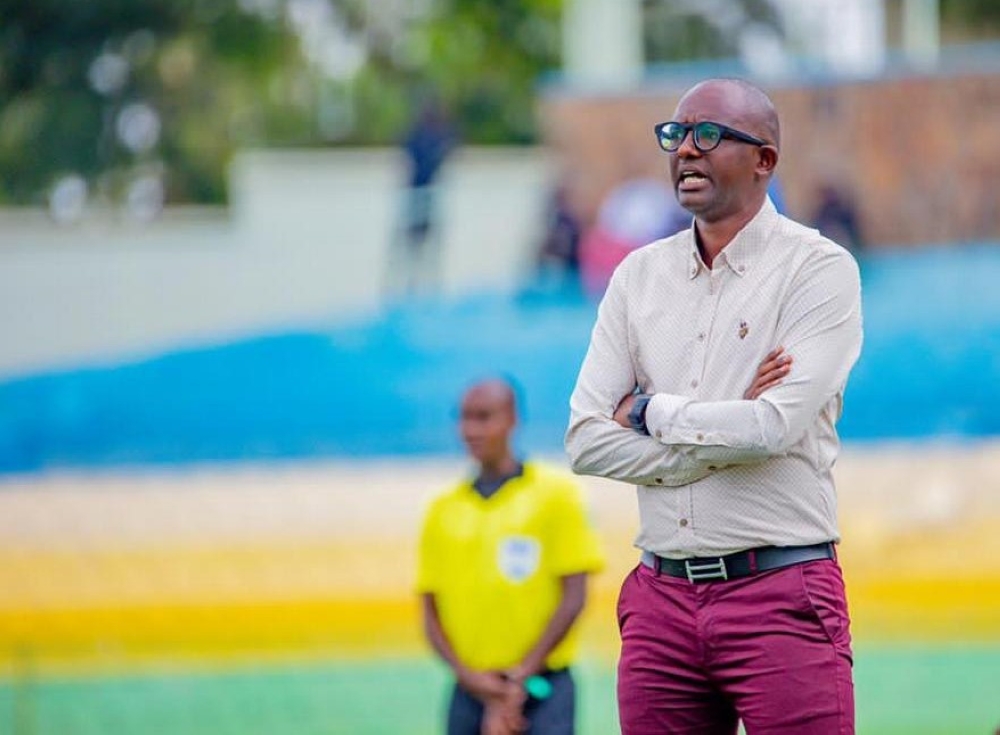The Media High Council (MHC) released a report on Friday that shows the state of the Media for the year 2008. This is the latest report by the MHC on the state of the media in the country. The report indicates that generally, the media is improving. A number of issues that are said to impede media progress are highlighted in the report. It will be recalled that the media in Rwanda has had a tumultuous history, with a number of journalists standing accused of propagating hate and hence inciting people to participate in the 1994 Genocide against the Tutsi.

The Media High Council (MHC) released a report on Friday that shows the state of the Media for the year 2008. This is the latest report by the MHC on the state of the media in the country.
The report indicates that generally, the media is improving. A number of issues that are said to impede media progress are highlighted in the report. It will be recalled that the media in Rwanda has had a tumultuous history, with a number of journalists standing accused of propagating hate and hence inciting people to participate in the 1994 Genocide against the Tutsi.
Whoever seeks to understand, comment and deal with the media in Rwanda, must hold this in mind. That history has impacted on the development of the media. Whereas the media ought to have a historical role of engendering social cohesion and promoting democratic ideals, in Rwanda it was used in the run up to the Genocide to negate and crush such ideals.
And it follows that some media practitioners, have not fully come to appreciate the fact that the media ought to have a positive role in society. Hence there is a continuous need to condition the media towards playing its proper role in society.
And to do this, practitioners must adhere to professional ethics. Above all, this comes with proper training and experience. This is training that should not be limited to just the reporting aspect of journalism, but also a grounding in social, economic, legal and political issues of the society in which they work.
And this takes many stakeholders, from media houses, education institutions, government and individual practitioners.
Ends






